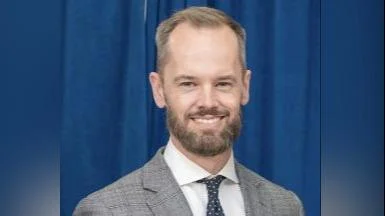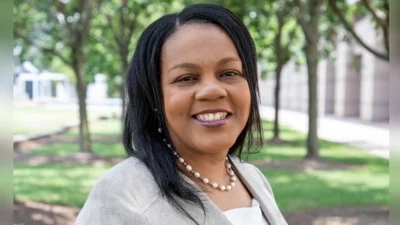Stock photo
Stock photo
The North Carolina Senate is poised to act on legislation that would follow other states in prohibiting local election officials from taking private money to help fund the management of elections.
Senate Bill 725, along with two other election reform bills, had its second of three readings in the Senate on Wednesday, June 16.
“People from all sides should be able to agree that private funding of elections administration raises natural suspicions about the integrity of the process and should be banned,” Sen. Warren Daniel (R-Burke), co-chair of the Senate Committee on Redistricting and Elections, was quoted in the Carolina Journal (CJ) as saying.

Sen. Warren Daniel (R-Burke)
| File photo
Georgia, Arizona and a handful of other states recently banned local election officials from accepting private dollars in the wake of investigations by the Washington, D.C.-based Capital Research Center (CRC) and other groups that found that the largest share of the money – most of it donated by Facebook founder Mark Zuckerberg and funneled through the Center for Tech and Civic Life (CTCL) – went to Democratic strongholds in battleground states in a run-up to the November 2020 General Elections.
In North Carolina, CRC found that CTCL, which was founded by former Democratic operatives, dumped nearly $5.4 million into the 2020 North Carolina election, including a $1 million grant to the state board of electors.
The majority of grants to North Carolina, CRC’s Hayden Ludwig wrote, were concentrated in the largest and most Democrat-heavy counties in North Carolina, such as Durham County, Wake County and Orange County, “bolstering support for Biden in exactly the key places he needed to win North Carolina, but in this election, the efforts fell about 75,000 votes short of flipping North Carolina blue.
“What we saw was an attempt by an ideologically motivated billionaire to privatize an election — and a deafening silence from the left-leaning media,” Ludwig wrote.
In related news, the North Carolina Republican Party has formed an Election Integrity Committee to, as GOP Chair Michael Whatley told CJ, “ensure the 2022 elections in North Carolina remains fair and transparent.”
The committee, supported in part by election-reform laws moving in the General Assembly, is working to allay voter concerns over the security of the 2022 elections.
CJ cites a John Locke Foundation poll that showed that voter integrity is second only to jobs and the economy in importance to voters – more important than health care, immigration and education. Sixty percent of Republicans, and 40% of all those surveyed in the poll, worry that the 2022 elections will not be “free and fair.”
The Honest Elections Project found that 64% of voters, including Black (51%) and Hispanic (66%) voters, as well as urban (59%) and Independent (61%) voters, support increased voter safeguards.






 Alerts Sign-up
Alerts Sign-up